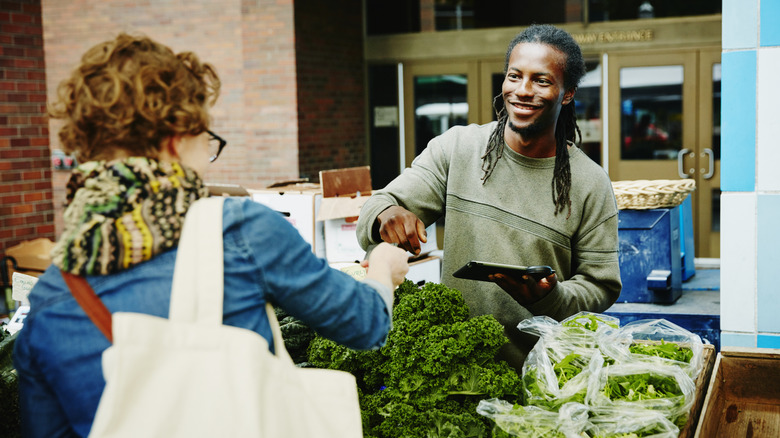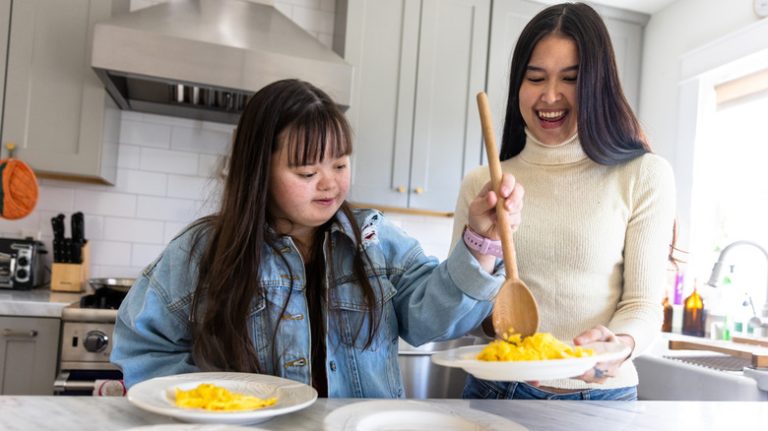
As you shop this week, you might encounter a unique vegetable that resembles both broccoli and kale. Its green florets and leaves might catch your eye, making you curious if it’s worth trying. Don’t miss the opportunity to experiment with this underrated veggie, a favorite among food enthusiasts, particularly if you enjoy incorporating more anticancer and sugar-regulating foods into your diet.
Known as broccoli rabe (also called rapini or broccoli raab), this cruciferous vegetable, despite its looks and name, is more closely related to turnips and cauliflower. Broccoli rabe has a bitterness similar to mustard greens. (Fun fact: Bitter foods might boost your immunity.)
Broccoli rabe is packed with essential nutrients. A one-cup serving provides 131 micrograms of vitamin A, which may help reduce issues linked with oxidative stress, including some cancers. For context, an average adult requires about 700 to 900 micrograms of vitamin A daily depending on gender. Besides its potential to lower cancer risk, broccoli rabe could also help decrease your risk of diabetes.
What gives broccoli rabe its potentially cancer-preventive properties?

Broccoli rabe is rich in glucosinolates, compounds responsible for the robust, sometimes pungent flavor and odor of cruciferous veggies. The glucosinolates and antioxidants in broccoli rabe have shown promise in combating cancer. A 2022 review published in Frontiers in Nutrition identified glucosinolates as key in enabling cruciferous vegetables (including broccoli rabe) to potentially lower the risk of certain cancers. Glucosinolates appear to positively affect the reduction of cancer development in parts of the gastrointestinal system, liver, and colon.
Furthermore, authors of a 2022 meta-analysis in Oxidative Medicine and Cellular Longevity explored vitamin A intake as an anticarcinogenic treatment. They discovered that breast cancer (the most prevalent cancer globally) and ovarian cancer diagnoses were reduced in populations consuming significant amounts of vitamin A.
How this bitter veggie helps manage blood sugar

To help manage high blood sugar levels, consider adding broccoli rabe to your diet. A 2024 trial published in Heart Lung and Circulation revealed that consuming 300 grams of cruciferous vegetables daily for two weeks improved glucose processing in human subjects. Although the trial was conducted on non-diabetic individuals, the results suggest that consuming cruciferous vegetables could be a natural therapy for those with diabetes.
Interestingly, glucosinolates might be the key factor in how cruciferous vegetables influence blood sugar levels. A 2021 review in Frontiers in Pharmacology noted that vegetables with a more pronounced bitter taste (like broccoli rabe) seemed to offer better glycemic control.
If you’re not fond of bitter vegetables but want to include broccoli rabe in your meals, seek recipes with a milder flavor. Alternatively, blanching broccoli rabe before adding it to your recipe can help reduce its bitterness.




